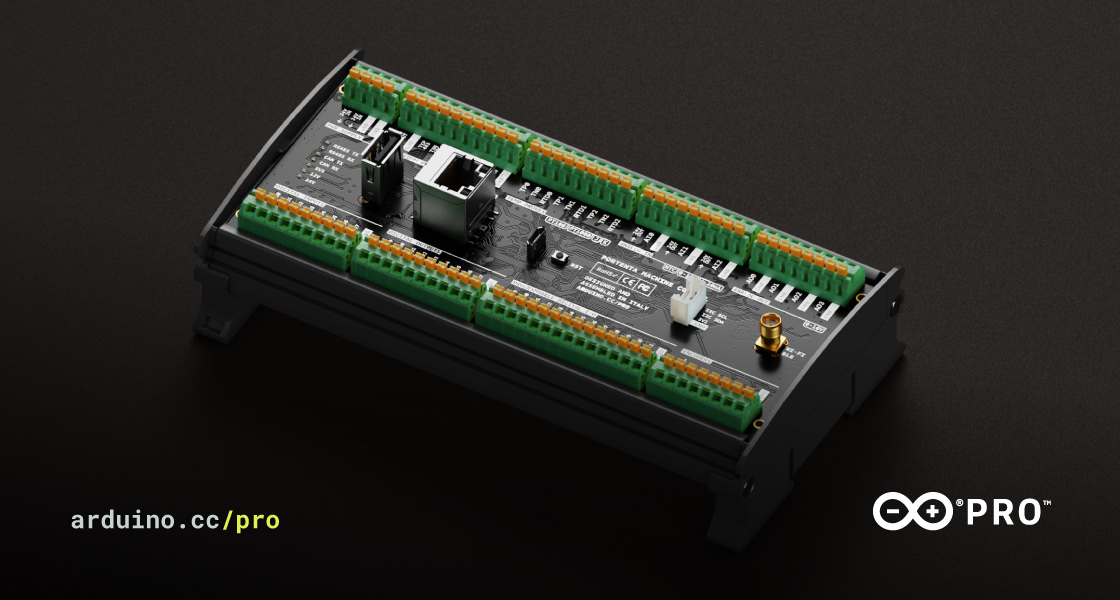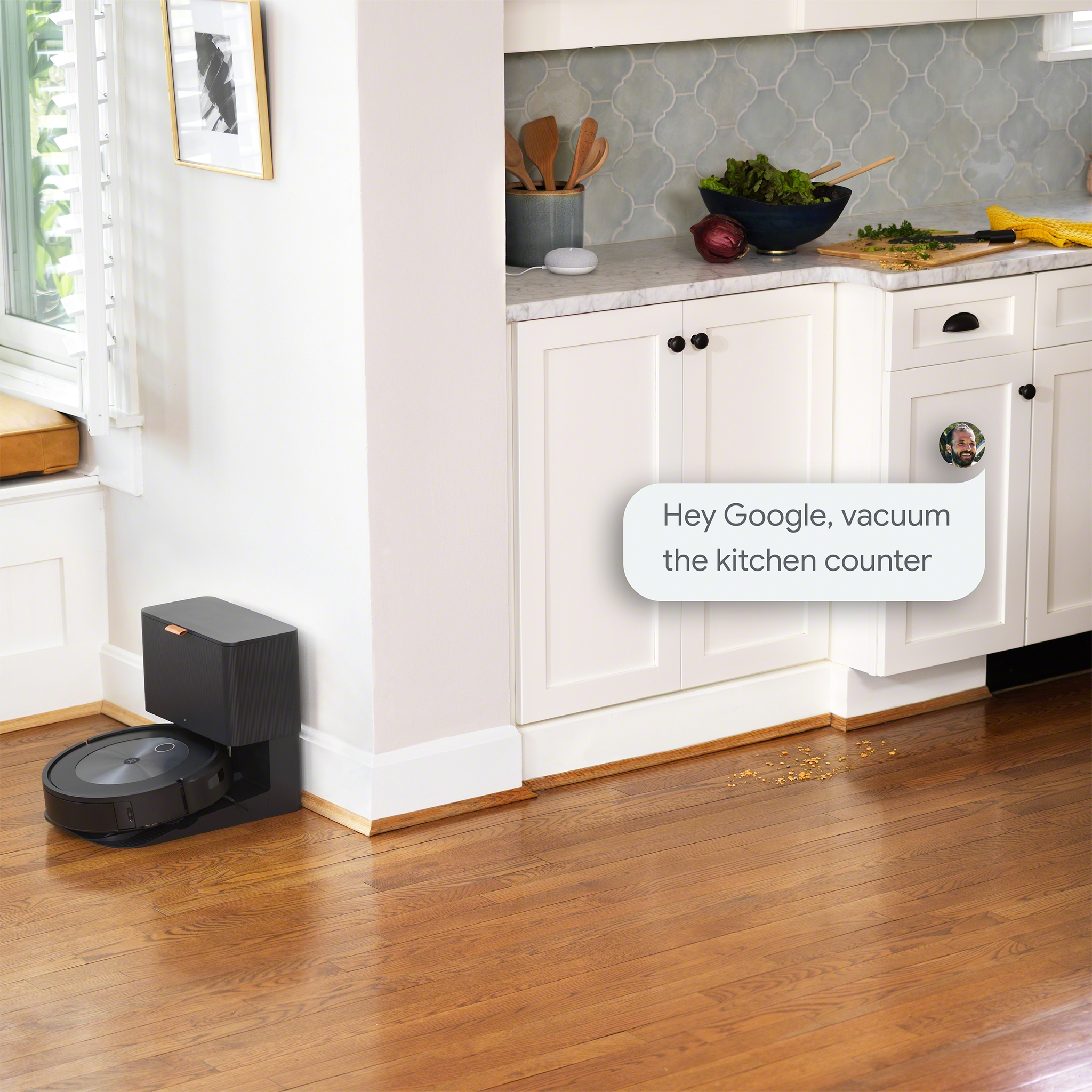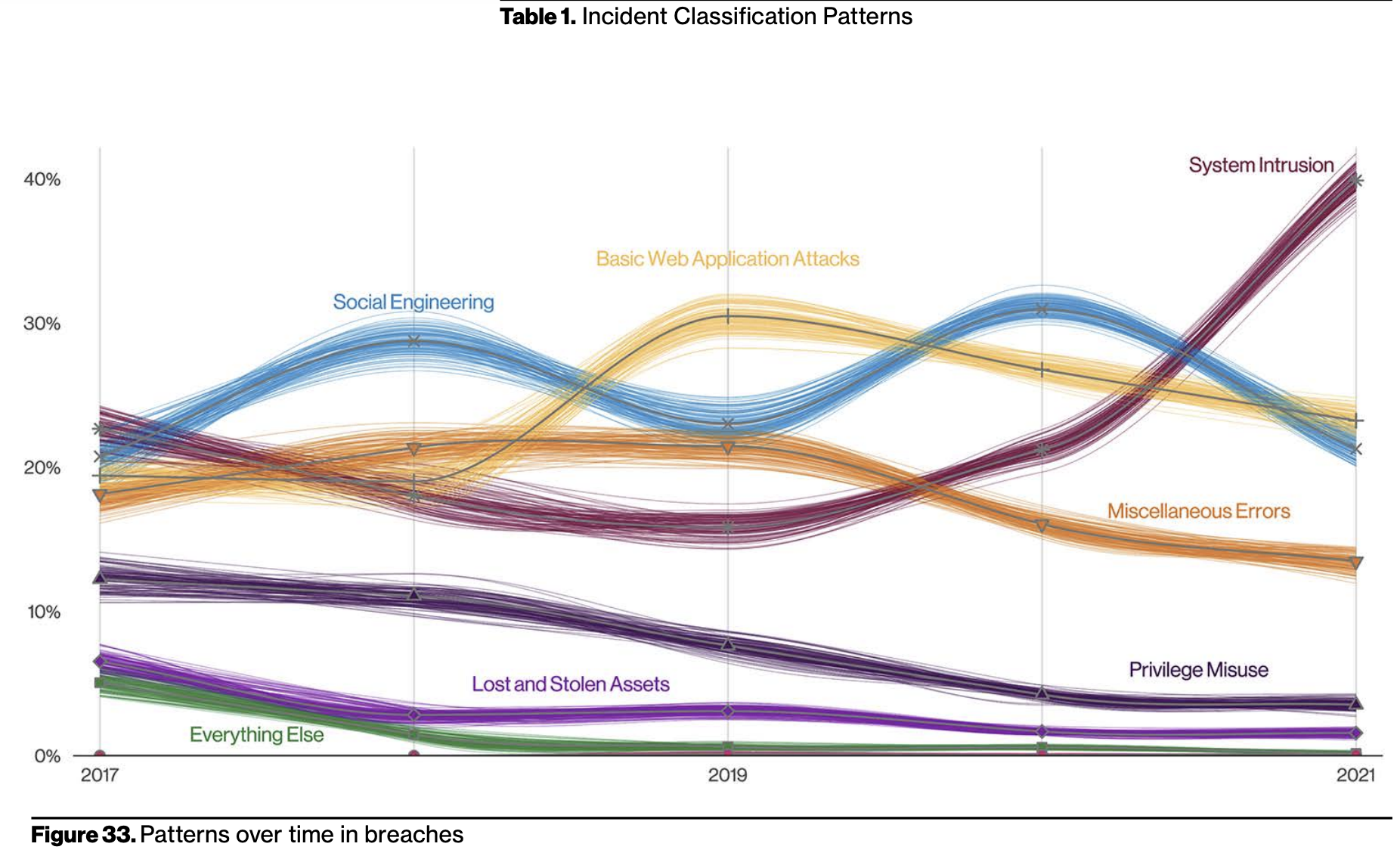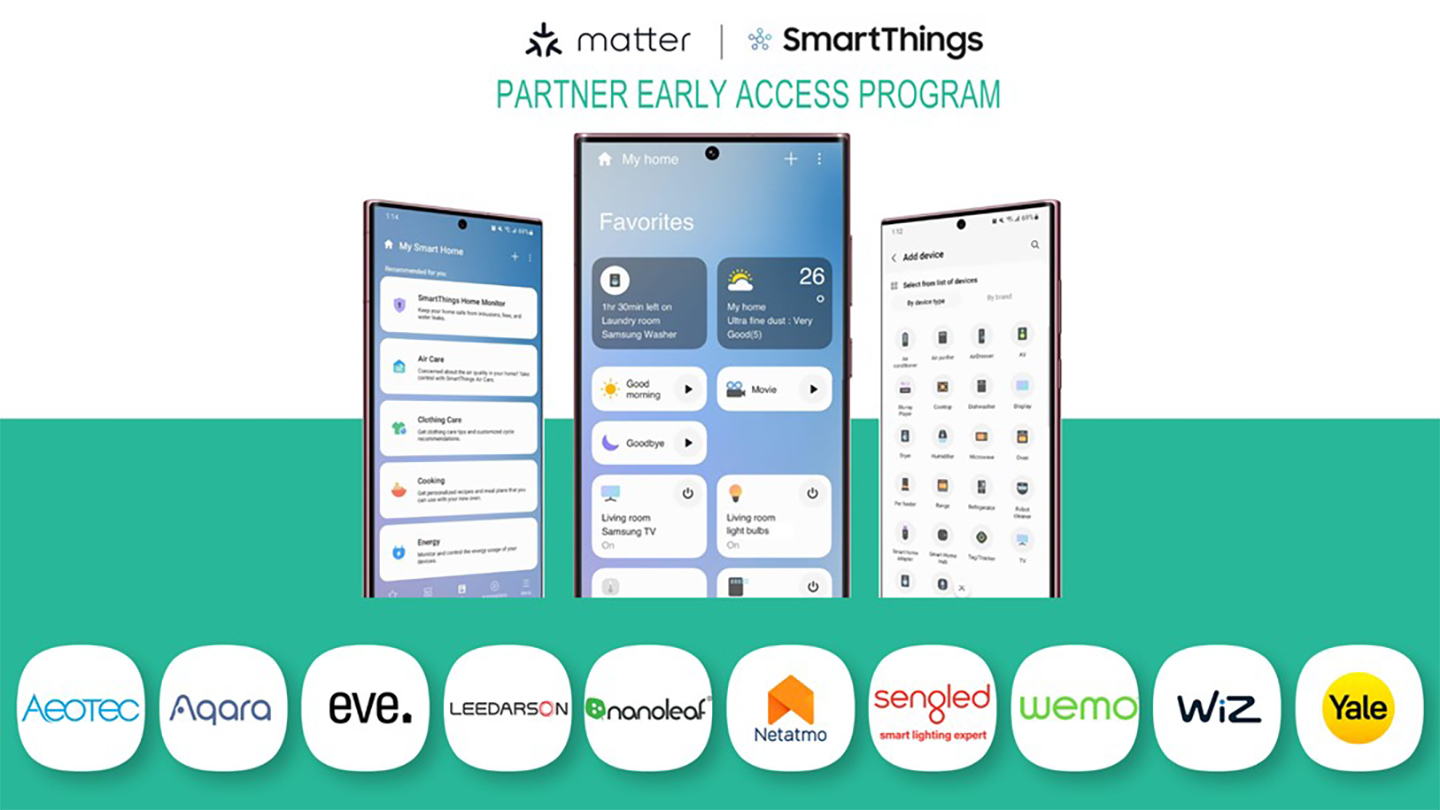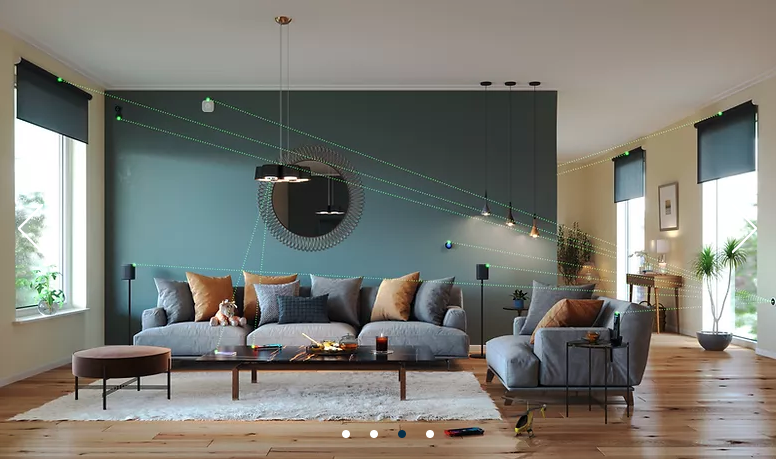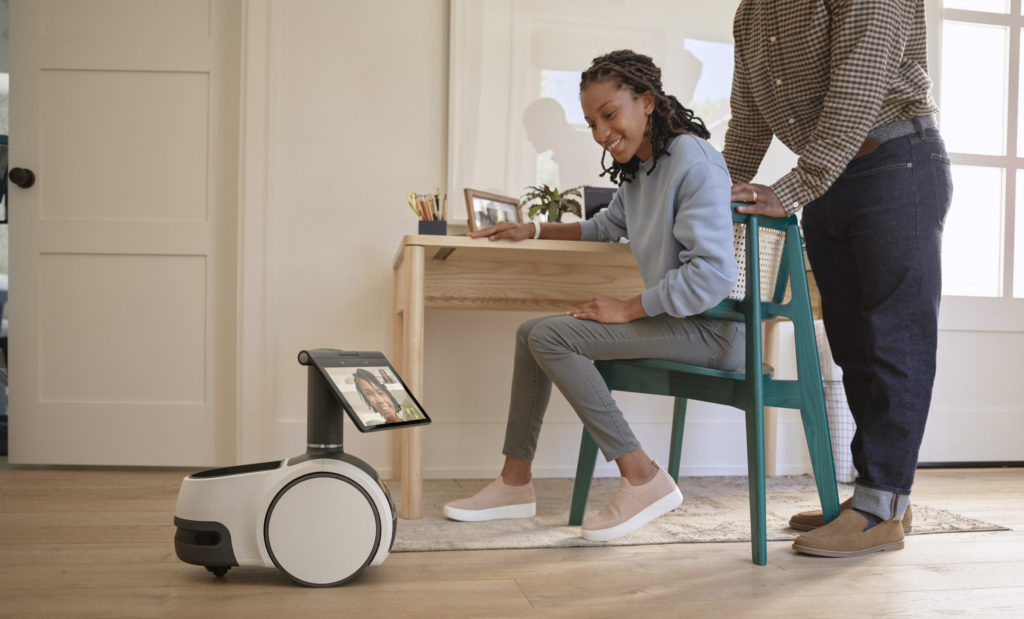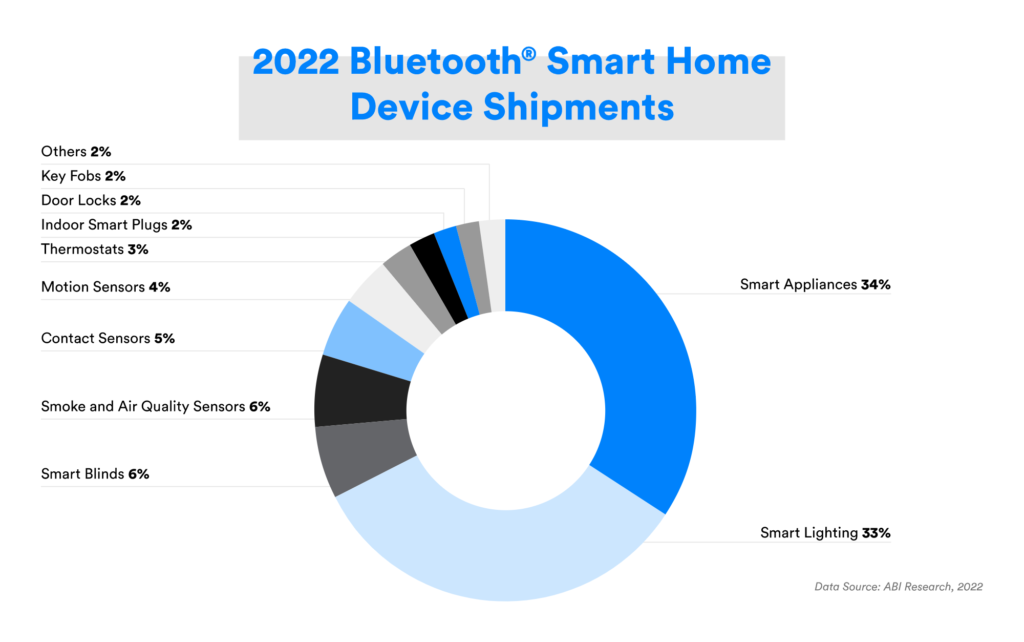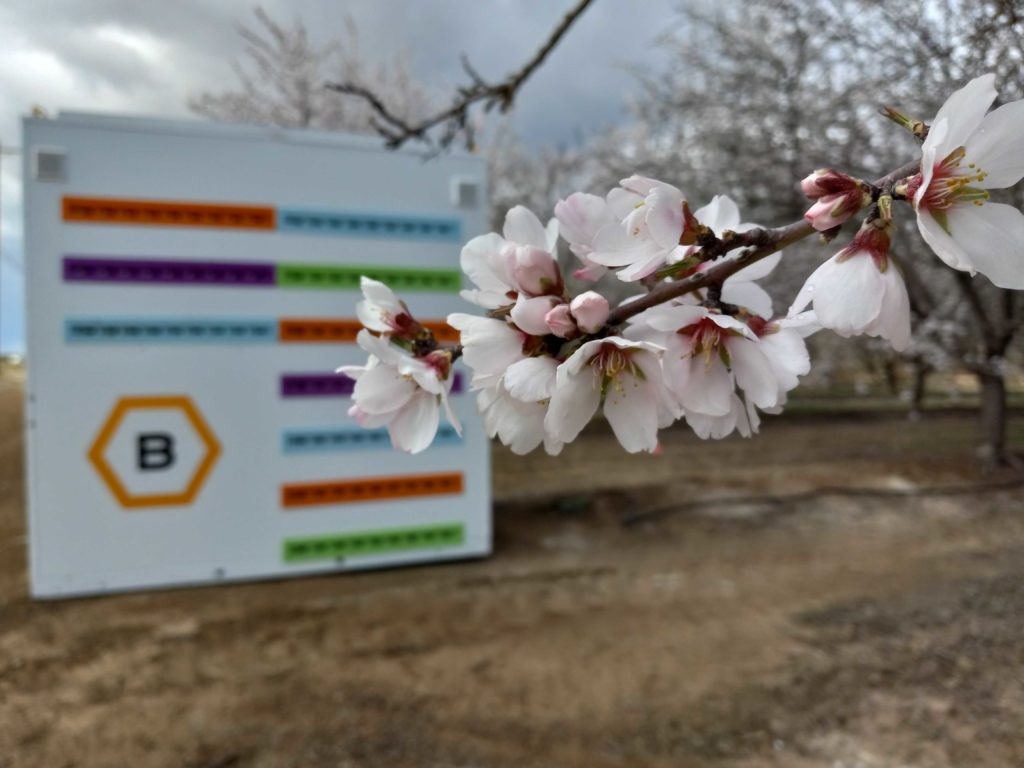This week’s show kicks off with another look at Ring’s potential to become a surveillance tool, this time prompted by a letter from Senator Ed Markey who wants Amazon to answer some questions. We then talk about a new capability for InfluxData’s time series database and explain why it matters before encouraging everyone who listens to the show or visits the site to get comfortable with doing things yourself. We then give a brief update on Insteon’s buyer and what it might mean before covering two industrial stories. First up is Siemens’ acquisition of Senseye, a company that provides predictive maintenance software, and then we discuss a remote factory experiment between Finland and South Korea. In smaller news we discuss the number of smart locks in U.S. households, Orro signing a deal with RTI for smarter light switches, and a new HomeKit enabled smart plug from TP-Link. We close by answering a listener question about the best smart lighting options to use in a new home.

Our guest this week is Evan Kaplan, CEO of InfluxData, who is talking about the demand for time series data for the internet of things. InfluxData makes a time series database for storing trading and sensor data. We discuss how companies are using time series data as part of closed loop systems, and what the future tech stack for the IoT will be. He also shares his strategies to get developers interested in a platform and why he thinks appealing to developers will be essential for success in the industrial IoT. It’s a fun show.
Hosts: Stacey Higginbotham and Kevin Tofel
Guests: Evan Kaplan, CEO of InfluxData
Sponsors: Nordic Semiconductor and Wirepas
- Senator Markey wants more information about Ring’s capabilities
- Be bold, and try to DIY your next project
- Remote factory project has incredibly low latency
- Why the IoT loves time series data
- What we need to build better architectures for a real-time IoT
Podcast: Play in new window | Download | Embed
Subscribe: RSS

